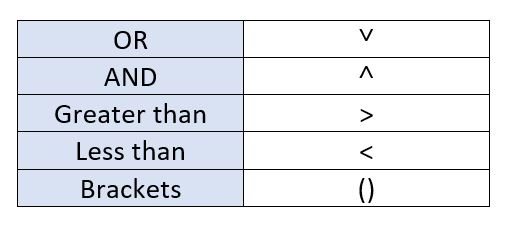This post answers the question: “What is algorithmic thinking?”. In accordance to Britannica encyclopedia, algorithm is a systematic procedure that produces – in finite number of steps – the answer to a question or solution to a problem. Algorithms are usually build on logic in order to make logical decision. But logic and algorithm are not the same term.
Algorithms help to specify multi-step task. Speaking about logic humans intuitively can intuitively understand algorithms. And at the same time science usually specify how algorithms work. Algorithms are used in a variety of applications – computer science to present ideas to computer, cooking process is also an algorithm. But more important algorithms perform operations on data usually. Algorithms can have various length, being more or less complex.
Algorithm is characterised by several properties:
- collectiveness;
- definiteness;
- sequentiality.
Every step of algorithm is performed separately. Unless previous steps of algorithms are not memorised, they have to be memorised using variables. The process definition of variable in the algorithm is called assignment.
Algorithm performing can be controlled in two ways:
- iteration;
- selection.
Iteration is the way to control the execution of the algorithm using variables, when every set of steps repeat again and again. It is important to mention that variable is changes from iteration to iteration. And iteration termination condition should be specified.
Another way to control the execution of an algorithm is selection. Selection process test variable current value, if it belongs to specific conditions, and make certain decision.
Important factor in algorithm creating is order of procedure, that specifies what order every algorithm part should be performed.
In order to perform logical operations in algorithms operators can be used, described below in the table:
More educational materials you can find at our Reddit community r/ElectronicsEasy.
Sources:
Encyclopedia Britannica, Algorithm (mathematic), https://www.britannica.com/science/algorithm.
“Computational thinking. A beginner’s guide to problem solving and programming”, Karl Beecher.





